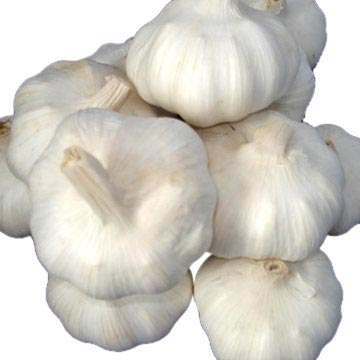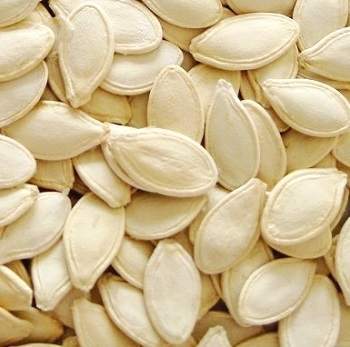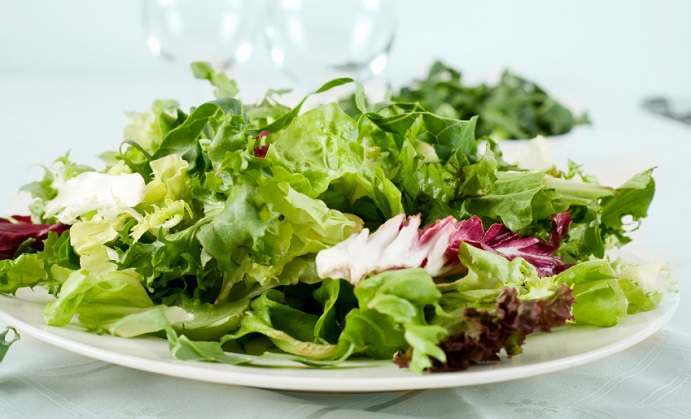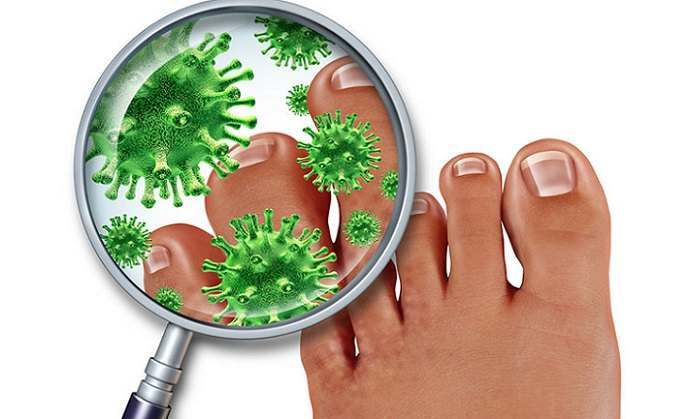Overview
If you have fungal or parasitic infections on your body and you need to get rid of them, then your help may come from the foods you have in the kitchen cupboard. Some of the common foods in your cupboard have distinct antiparasitic and antifungal properties that may help in treating parasitic and fungal infections. Some of the common foods have direct effects on the organisms that cause infections while other foods spur the ability of your body to combat infections. Consulting a doctor about treating infections and other medical conditions with foods is important.
Fresh Garlic
 Fresh garlic is among the most effective foods for treating parasitic and antifungal infections because of its antiparasitic and antifungal properties. Garlic contains organosulphur compounds that play a significant role in increasing your immunity. These compounds help your body to fight the bacteria, parasites, and fungi that lead to infections. Fresh garlic is recognized as a more effective remedy for Candida albicans than some antifungal drugs such as nystatin. Do not consume dried garlic because it lacks active allicin, which is an antimicrobial element in garlic. Desiccated garlic has alliin, a predecessor to allicin. The conversion of alliin to allicin is accomplished by an enzyme. The stomach contains acid, which destroys this enzyme.
Fresh garlic is among the most effective foods for treating parasitic and antifungal infections because of its antiparasitic and antifungal properties. Garlic contains organosulphur compounds that play a significant role in increasing your immunity. These compounds help your body to fight the bacteria, parasites, and fungi that lead to infections. Fresh garlic is recognized as a more effective remedy for Candida albicans than some antifungal drugs such as nystatin. Do not consume dried garlic because it lacks active allicin, which is an antimicrobial element in garlic. Desiccated garlic has alliin, a predecessor to allicin. The conversion of alliin to allicin is accomplished by an enzyme. The stomach contains acid, which destroys this enzyme.
Cruciferous Vegetables
These vegetables and onions contain thiols. Thiols are chemicals that bear sulfur and have beneficial antifungal properties for the treatment of fungal infections. These chemicals play a part in preventing the blood from clotting. They are also used for their ability to lower the levels of cholesterol in the body. Eat cruciferous vegetables like cabbage, Brussels sprouts, broccoli, cauliflower, kale, collard greens, and others. Chop and chew these vegetables to activate their abilities to improve health. A 2011 study found out that products made of fermented cabbage play a significant part in inhibiting the activities of Candida albicans.
Pumpkin Seeds
 These seeds are used for their ability to destroy parasites. Based on the existing information, these seeds are acknowledged for being ineffective in the treatment of pinworms and tapeworms. You should take 12 ounces of these seeds after going for twelve hours without eating any food. Take warm drinks and a laxative in order to boost elimination sixty minutes after consuming the seeds. Pumpkin seeds have significant benefits that make them reliable. For instance, they are safe compared to the conventional medicines used to treat worms. Moreover, pregnant women and children can take pumpkin seeds without experiencing any undesired effects.
These seeds are used for their ability to destroy parasites. Based on the existing information, these seeds are acknowledged for being ineffective in the treatment of pinworms and tapeworms. You should take 12 ounces of these seeds after going for twelve hours without eating any food. Take warm drinks and a laxative in order to boost elimination sixty minutes after consuming the seeds. Pumpkin seeds have significant benefits that make them reliable. For instance, they are safe compared to the conventional medicines used to treat worms. Moreover, pregnant women and children can take pumpkin seeds without experiencing any undesired effects.
Spices
Spices also provide an effective diet for people with fungal and parasitic infections. Some of the recommended dietary sources include cloves, figs, rhubarb, and cinnamon. Rhubarb is known for its laxative effects that help in stimulating the removal of harmful organisms. The leaves of olive and ginger also have some anti-parasitic properties that help in treating parasitic infections. Ginger contains zingibain, a chemical that dissolves parasites and the eggs laid by these organisms. The Japanese sushi and ginger are known for this ability. The roots and stems of pomegranate also have anti-parasitic properties because of the compound pseudopelletierine.











